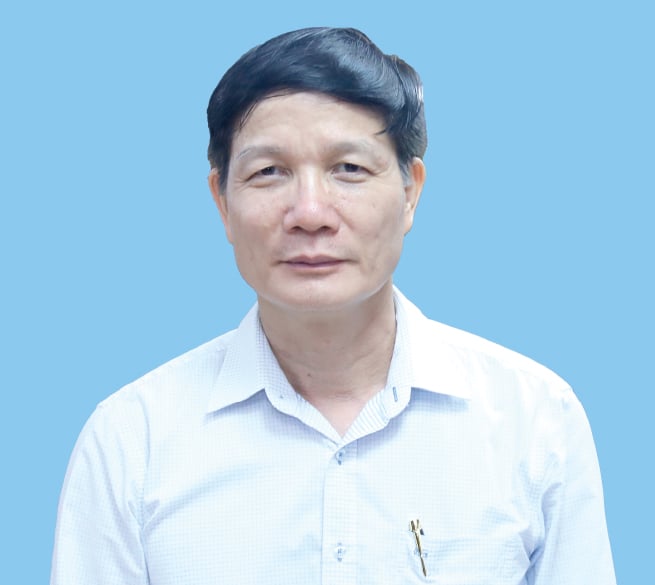 |
| Associate Professor, Dr. Pham Tuan Canh, Director of Central Ear, Nose and Throat Hospital. |
Associate Professor, Dr. Pham Tuan Canh shared: The working group realized that Dong Nai province has a great determination in developing ENT specialties, from the provincial level to medical facilities. This is a very encouraging signal, demonstrating the attention of authorities at all levels, the health sector and hospitals in improving professional capacity, serving people better and better.
Additional equipment, improved human resource quality
* How do you evaluate the ENT department at hospitals in Dong Nai ?
- Through working at 3 hospitals in the province including: Dong Nai General Hospital, Thong Nhat General Hospital and Long Khanh Regional General Hospital, the working group found that the hospitals have deployed quite a lot of basic techniques in the ENT field, especially in the fields of sinus surgery, ear and throat - laryngology. However, many specialized techniques such as: middle ear surgery, complex sinus tumor treatment, stereotactic surgery... have not been widely deployed, requiring support from the central level.
Regarding equipment, Dong Nai General Hospital and Thong Nhat General Hospital basically meet the requirements but need to upgrade the endoscopy system, surgical microscope, coblator and positioning device to deploy advanced techniques. Long Khanh Regional General Hospital still lacks many instruments for ear and laryngeal surgery, affecting the ability to perform advanced techniques.
In terms of human resources, hospitals have a team of young, dynamic doctors but lack specialized doctors.
* So what conditions do hospitals need to focus on and supplement to be able to develop specialized ENT departments, sir?
- To build and develop specialized departments, hospitals need to focus on two factors: training human resources and investing in equipment. If there is only training without equipment, after a period of time, the knowledge and skills learned will be lost. On the contrary, if there is equipment but no team of well-trained doctors, it will also lead to waste. Therefore, these two things need to be implemented in parallel to create sustainable efficiency.
We need to recognize the practical difficulties. Currently, many ENT doctors tend to work in private facilities due to more attractive remuneration and working environment. If public hospitals do not have appropriate human resource retention policies, the risk of “brain drain” is very high. This reality occurs not only in Dong Nai but also in many other localities. Therefore, the issue of remuneration, working environment and post-training human resource planning needs to be carefully calculated to ensure long-term development.
In 2024, 3 hospitals: Dong Nai General Hospital, Thong Nhat General Hospital and Long Khanh Regional General Hospital will provide specialized ENT examinations for more than 67,000 patients and treat about 1,700 inpatients, transferring 400 cases/year. Some specialized techniques such as: middle ear reconstruction, parotid gland tumor excision, advanced sinus endoscopy need to be supported by transfer from the central level.
Focus on developing specialized expertise
* What advice do you have for Dong Nai to attract and retain ENT specialists to stay and work in the locality?
- We have worked in many localities and have found that there are doctors who, after receiving specialized training, return to their hometown but are not assigned suitable jobs or lack monitoring and support. As a result, the technique is not promoted, the number of surgeries is low or zero. This shows that the organization and management after training is also very important, requiring close attention from the hospital board of directors and the Department of Health.
The Central Hospital of Otolaryngology will accompany Dong Nai province in training, technology transfer, and professional support. However, due to limited training resources, we recommend that the province select key doctors to send for advanced training. After returning, they will be the core force to deploy techniques and retrain colleagues in the province. This approach will be more effective and sustainable than sending them for training en masse.
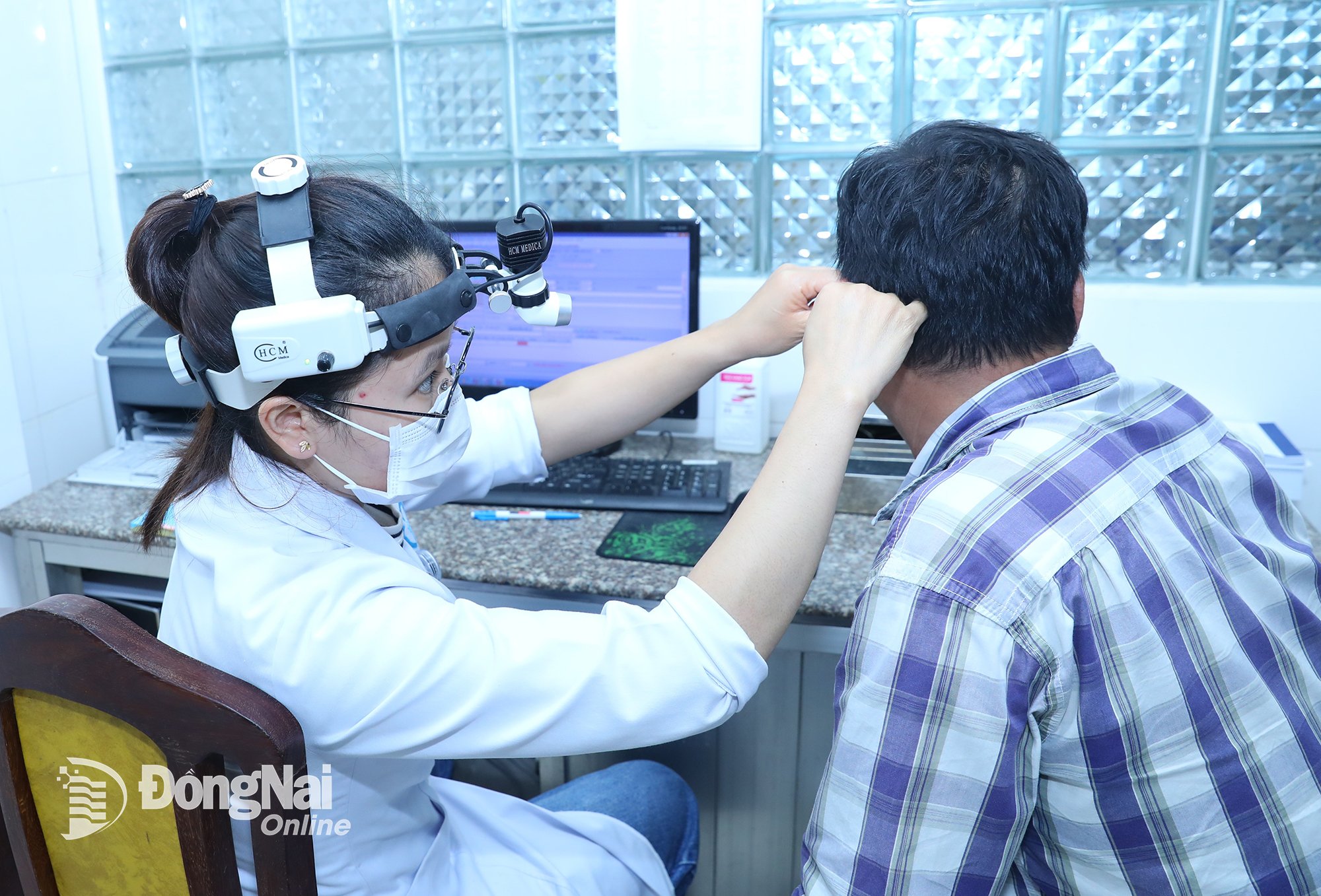 |
| Thong Nhat General Hospital doctor examines a patient's ear at the hospital. Photo: Huy Anh |
* So how do we keep patients in the locality for treatment when Dong Nai is very close to Ho Chi Minh City - which has the most developed healthcare system in Vietnam today, sir?
- Because Dong Nai is close to Ho Chi Minh City, a part of the population will tend to go to the city for medical examination and treatment. Therefore, without a team of good doctors, specialized techniques and quality services, it will be difficult to keep patients in the locality. This is a challenge but also an opportunity for Dong Nai to invest, develop specialties, and create trust for patients.
We hope that the Dong Nai Department of Health and hospitals in the province will continue to pay attention and invest in developing the ENT specialty. On our side, the Central ENT Hospital will provide maximum support in training and technology transfer, especially in specialized fields such as head and neck cancer, skull base surgery, combined radiotherapy and chemotherapy, etc. for hospitals. Thereby, helping patients to receive comprehensive and convenient treatment right at the local level, helping to reduce the burden on the upper level.
* Sincerely thank Associate Professor, Dr. Pham Tuan Canh!
Hanh Dung (performed)
Source: https://baodongnai.com.vn/xa-hoi/202510/giam-chuyen-tuyen-dieu-tri-tai-mui-hong-tai-dong-nai-9277261/






![[Photo] President Luong Cuong holds talks with South African President Matamela Cyril Ramaphosa](https://vphoto.vietnam.vn/thumb/1200x675/vietnam/resource/IMAGE/2025/10/23/1761221878741_ndo_br_1-8416-jpg.webp)
![[Photo] Prime Minister Pham Minh Chinh meets with South African President Matamela Cyril Ramaphosa](https://vphoto.vietnam.vn/thumb/1200x675/vietnam/resource/IMAGE/2025/10/23/1761226081024_dsc-9845-jpg.webp)
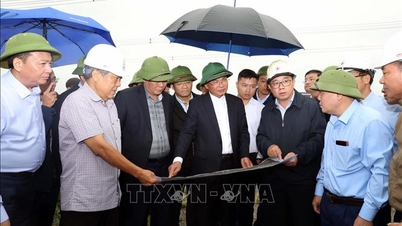

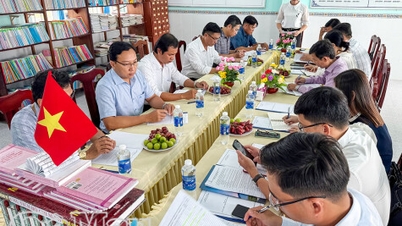



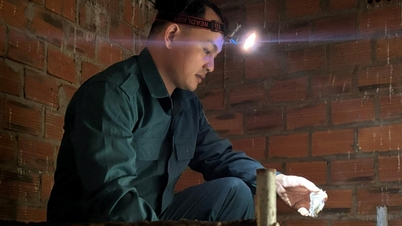

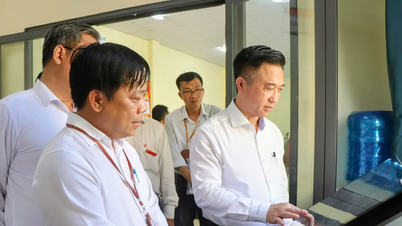


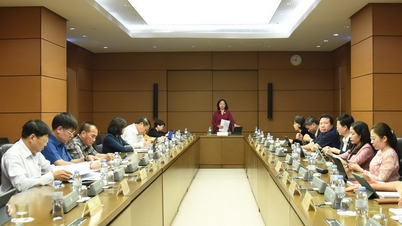




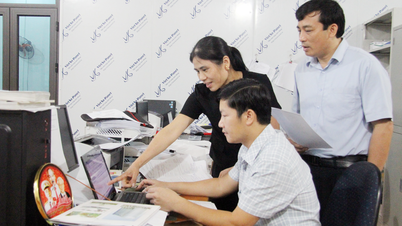


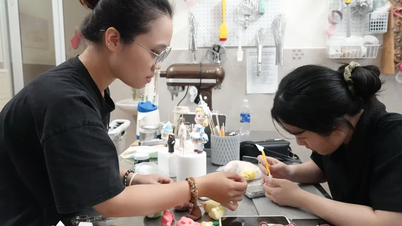





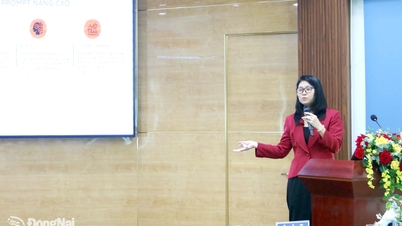

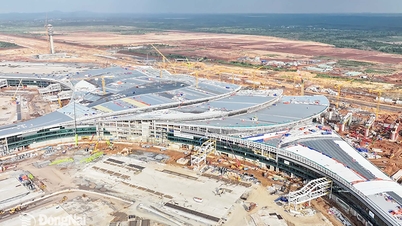
































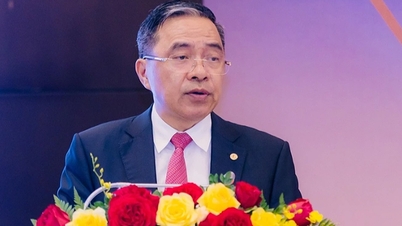











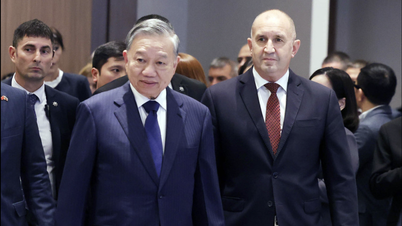

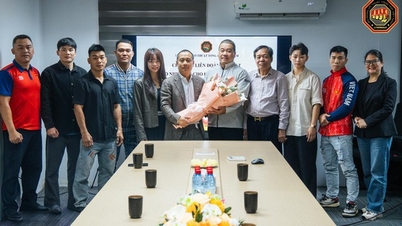

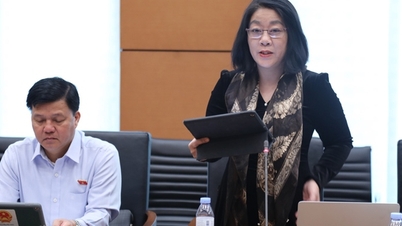
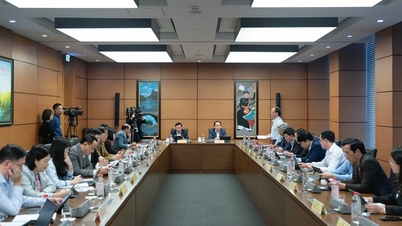
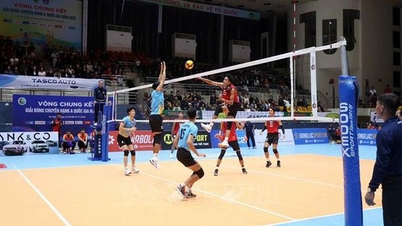




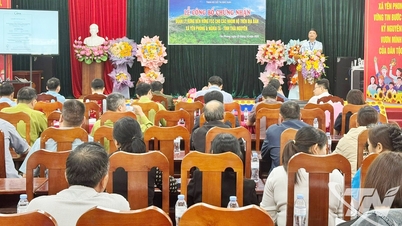

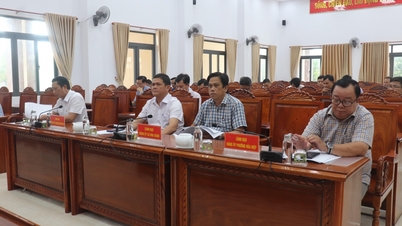
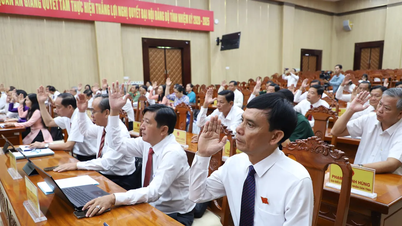













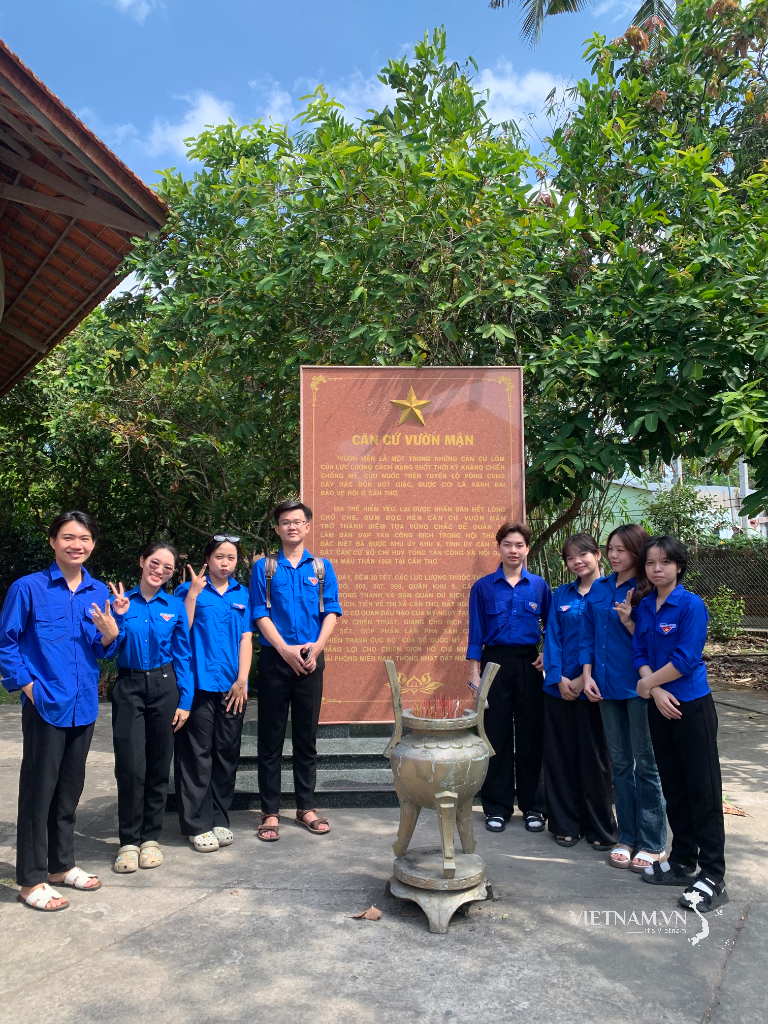


Comment (0)